Buterin said blockchain would change the world once the scalability issue is solved, but he gets the point wrong. Scalability is not a big deal. If there is only Bitcoin or Ethereum in this world, Buterin's words may make a little sense. It is because these blockchains have an initial design that is extremely disadvantageous for scalability. So scalability is a big issue for Buterin. The fact that there were many twists and turns until Ethereum 2.0 came out proves that Ethereum's scalability resistance is very high.
However, among the recent mainnets, many of them have solved most of the problems of the first-generation blockchains. These mainnets have already reached the level of Ethereum 4.0 scalability. The capacity is almost infinite, and the speed is reaching the speed of credit card payments. Therefore, scalability is a problem that has already been solved, but it is only a challenge that remains only in Ethereum or Bitcoin.
The problem is that even though the scalability problem has already been resolved, blockchain is not changing the world dramatically. In other words, even if Ethereum becomes 4.0 and solves all of the scalability problems - contrary to Buterin's expectations - there will be little change in the world. What on earth is the reason?
The most crucial cause is the volatility of the coin value. Because the price is unstable, the price of the hamburger cannot be displayed with coins. After all, it cannot be used as a means of payment. It is the biggest obstacle for now. But there is a dilemma in this situation.
Price volatility is a disadvantage of coins as a payment method but an advantage as an investment target. It is essential. In other words, if the price volatility in Bitcoin or Ethereum disappears, huge investment funds will be withdrawn like low tide. In extreme cases, it is possible to assume that prices will fall to zero like Luna. Therefore, coin price volatility is an attribute that should never be eliminated. What is important is not stability but proper volatility. However, there must be a question that naturally comes to mind in this scene. Is it impossible for coins with proper volatility to become a payment method forever?
This is a very simple matter in theory. Most people carry credit cards that can be used abroad. The card is immediately exchanged for yen at a convenience store in Japan. In Europe, it is immediately converted into Euros and settled. As such, the immediate exchange payment system has long been in the world. In the case of coins, for example, Ethereum can be exchanged at the current market price and paid through an immediate exchange process in cash. Creating this system is simply a snap.
My guess is that Bitcoin, Ethereum, and most other surviving coins will introduce the above immediate exchange payment system no matter what difficulties they face. Of course, there is a severe obstacle called block time in Bitcoin and Ethereum. Bitcoin needs about 10 minutes and Ethereum needs 12 seconds to create a block. Payment is not possible with the times. This is because the average time limit is about 4 seconds. Fortunately, in the case of Ethereum, it will be possible to create a virtual block in 1 second in Layer 3 and then combine 12 virtual blocks into one and send them to Layer 1 through layer 2. This principle is also applicable to Bitcoin. In the end, in the case of Ethereum, it can only become a paymentable coin after going to Ethereum 3.0.
The future of blockchain is smartcontracts. No one would deny it. However, smartcontracts are currently configured to be paid with coins. This is the most direct reason why smartcontracts are not popular. It is most desirable that cash is paid as soon as you click. At least a cash payment within two days is essential for convenience store payments. Security is often regarded as the most important thing in smartcontracts, but this is only a secondary problem. When it comes to the security of smartcontracts, the biggest threat is especially the malicious intent of app creators. External hackers are just a secondary security issue. However, app makers' morale can be overcome by censorship. Look at Android or Apple. You can see that Apple Store and Google Play, which adopt censorship, are enjoying a huge boom.
The attraction of coins is that of value volatility, so a kind of stablecoin such as CBDCs cannot have any effect on existing coins. (For your information, the nature of CBDC is well illustrated in my recent post, "The Truth About CBDC.") Jerome Powell said that if CBDC is launched, Bitcoin or Ethereum will be unnecessary, and at this moment, my head tilted. He is either a fool with no understanding of blockchain or a genius. The reason is as follows.
SmartContract is the future of blockchain. Now, people are crazy about gambling and are only focusing on Depi, but one day a normal blockchain economy will be formed, and smartcontrscts will be at the center. CBDCs can be pretty useful in this scene. This is because payment can be made immediately without the need for exchange. Therefore, all Layer1 platforms with smartcontract platforms have no choice but to accept CBDC as a payment method. For example, Ethereum 3.0 will reduce the block generation time to less than 4 seconds and install an update that can use CBDCs as a payment method. In this case, it can be said at a glance that the reason for the existence of coins issued by the relevant Layer 1 platform, that is, Bitcoin, Ethereum, and other Layer 1 coins, disappears.
Did Powell make the remarks with this situation in mind? I'm not American, so I don't know. I want to hear your opinions. I personally bet Powell is on the side of the idiot.
Of course Powell's idea is wrong in any case. As mentioned above, even if CBDC is introduced in smartcontracts, the existing Layer 1 coins can still be used as payment methods. If gas and exchange fees are removed in the immediate exchange payment process, and payment fees are collected at a low price, existing coins are also an excellent payment method. In the case of Bitcoin and Ethereum, upgrades will be required, but new platforms that were recently founded are already being launched with this consideration. For technical or environmental reasons, immediate exchange settlement systems will be introduced first, and then - approximately after 2024 - CBDC will be introduced.
In fact, CBDC has no special use other than this. It is just that one more large bank with the substance of the national commercial bank appears. Therefore, it was a common perception that CBDCs were unnecessary in the past. However, as China promotes the Belt and Road Initiative, its CBDC, or DCEP, has emerged as a digital currency to support it. And when they expressed their ambition to make it a key currency, the need for a CBDC in the United States emerged as a countermeasure. The fact that it was unnecessary when China stayed still, but now it is necessary because China has started to move, indirectly proves that CBDC is unnecessary in its essence.
Buterin is now looking in the wrong direction. Scalability may be an important issue for Ethereum, but that alone lags behind other emerging Layer 1 platforms. On the other hand, Ethereum's symbolic value lags far behind Bitcoin. As a result, there is a possibility that it will fall into a coin that is neither this nor that. The task that Buterin should pursue right now is to shorten the block time to less than 4 seconds and activate smartcontracts by installing an immediate exchange payment system. Normalizing smart controls contaminated with Defi and P2E is Ethereum's survival strategy and pumping-to-moon strategy at the same time. As long as he confidently makes a responsible announcement about it, the price of Ethereum will double immediately.
[link] [comments]

You can get bonuses upto $100 FREE BONUS when you:
💰 Install these recommended apps:
💲 SocialGood - 100% Crypto Back on Everyday Shopping
💲 xPortal - The DeFi For The Next Billion
💲 CryptoTab Browser - Lightweight, fast, and ready to mine!
💰 Register on these recommended exchanges:
🟡 Binance🟡 Bitfinex🟡 Bitmart🟡 Bittrex🟡 Bitget
🟡 CoinEx🟡 Crypto.com🟡 Gate.io🟡 Huobi🟡 Kucoin.

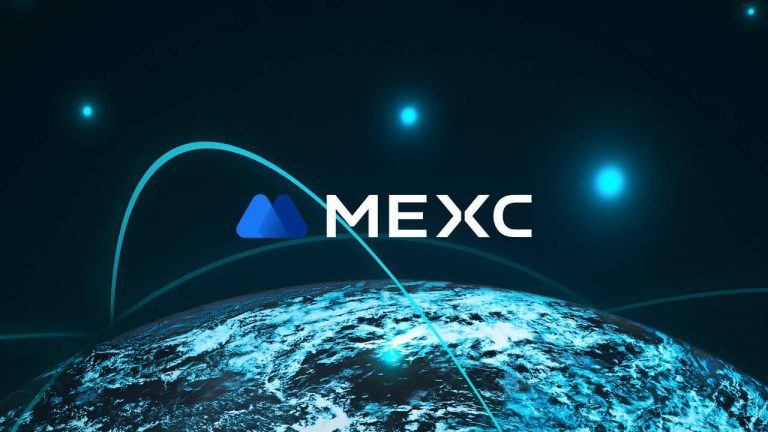

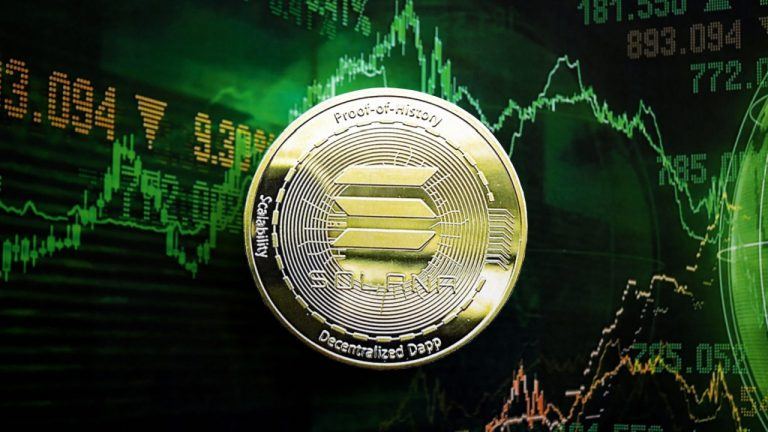
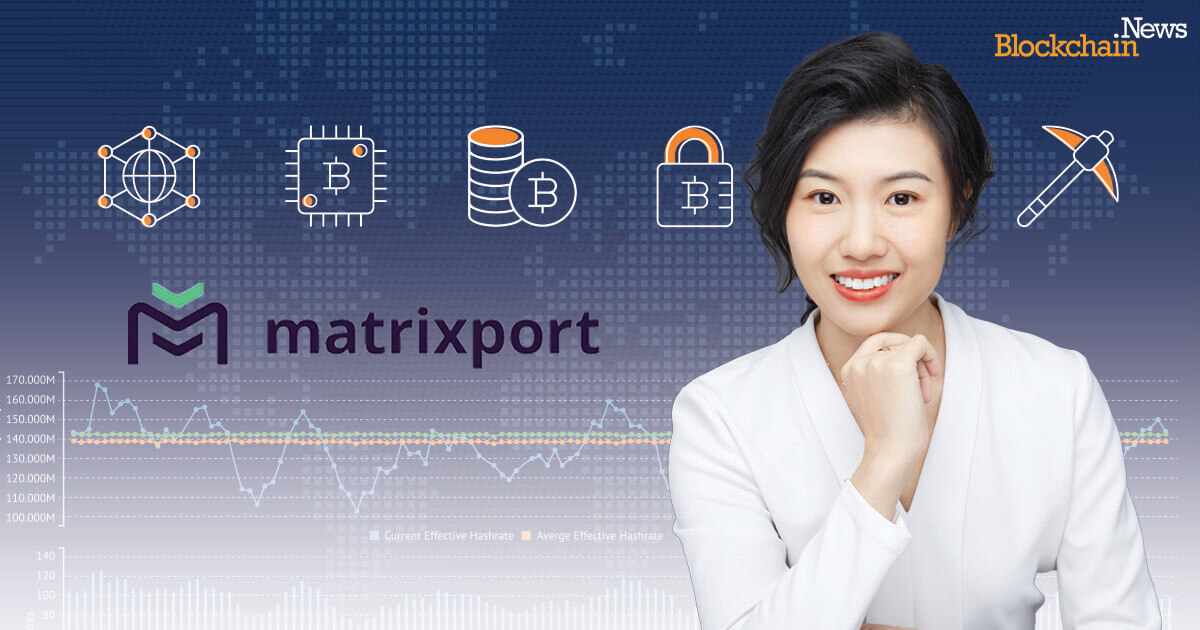



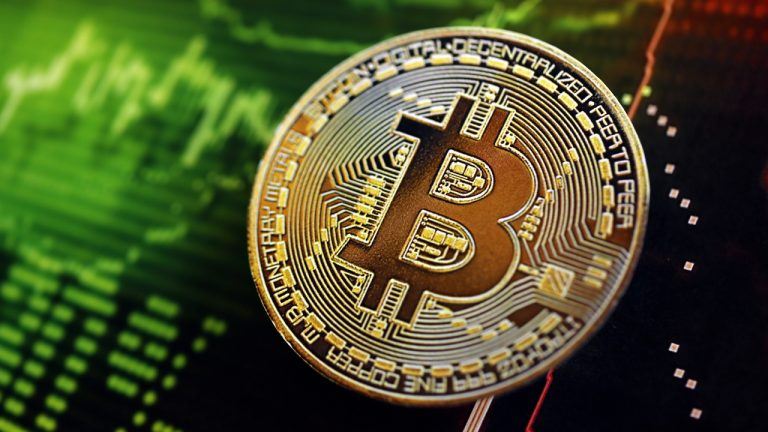


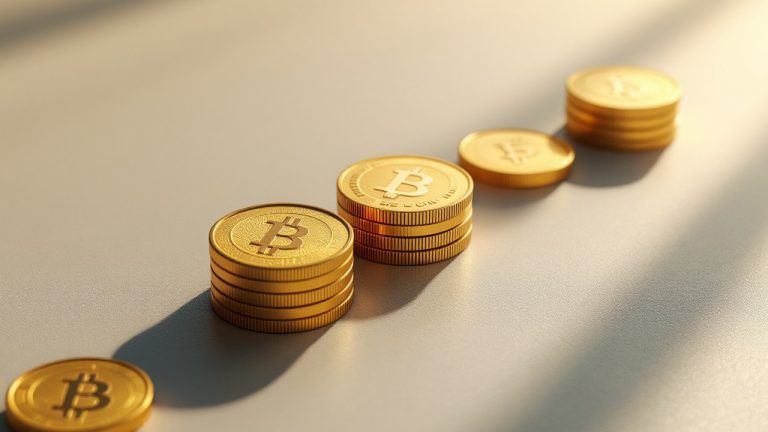

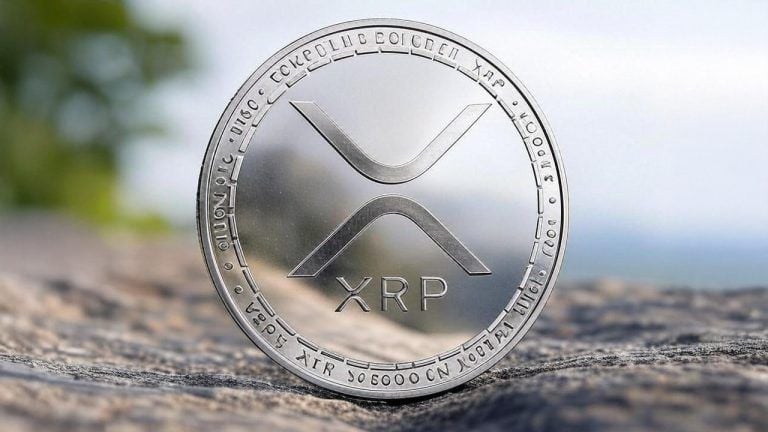
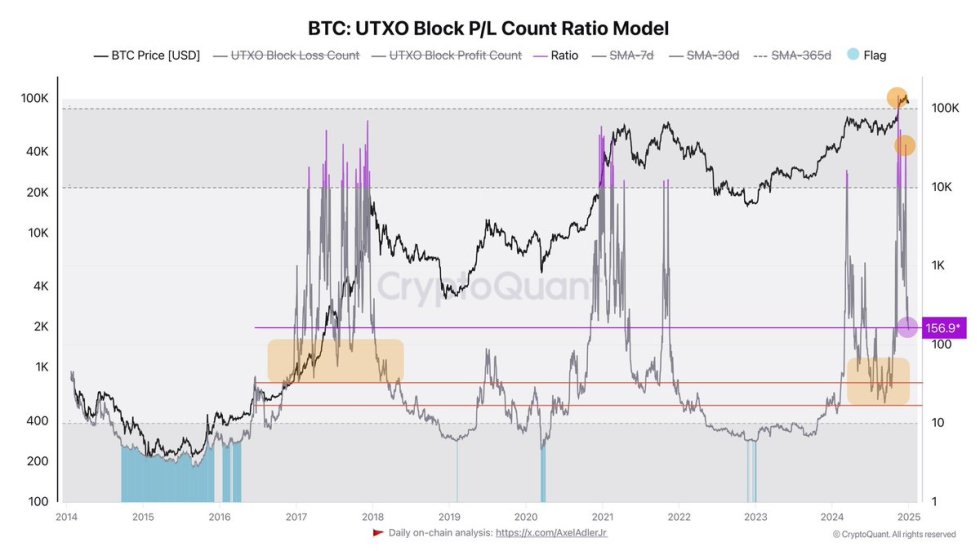



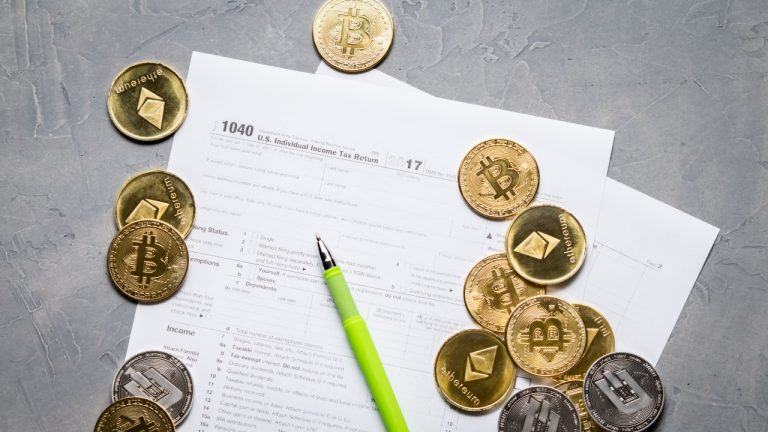

Comments